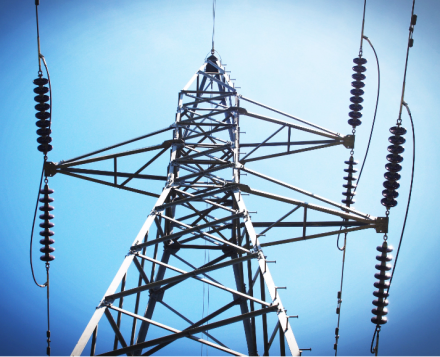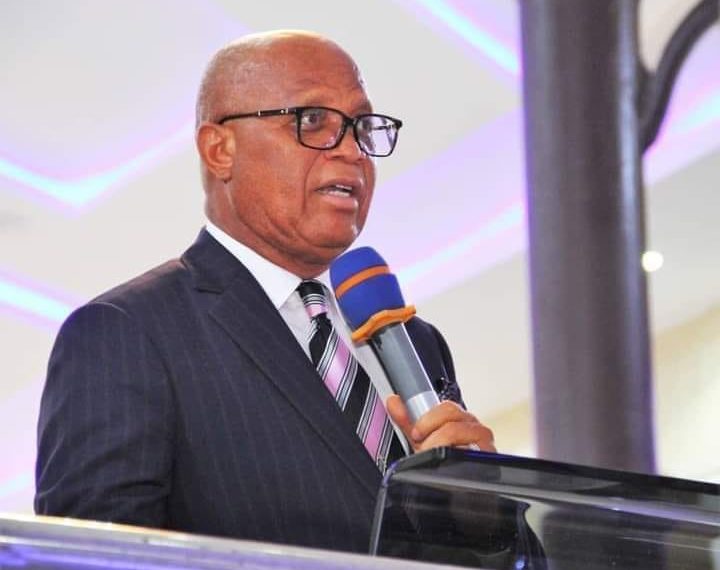 17 July 2013, Kampala – Uganda’s parliamentary committees on National Economy and that of Natural Resources on Tuesday began scrutinising three loan requests meant for the energy sector as part of government’s concerted effort to make access to affordable electricity the flagship of the country’s economic blueprint – Vision 2040.
17 July 2013, Kampala – Uganda’s parliamentary committees on National Economy and that of Natural Resources on Tuesday began scrutinising three loan requests meant for the energy sector as part of government’s concerted effort to make access to affordable electricity the flagship of the country’s economic blueprint – Vision 2040.
Legislators on the two committees met a delegation from Uganda Electricity Transmission Company Ltd, UETCL, Rural Electrification Agency and Ministry of Energy and Mineral Development led by energy state minister, Simon D’Ujanga, over the specifics of the loans.
Part of these loans will, according to D’Ujanga, be used to revamp dilapidated infrastructure like substations and erection of transmission lines as part of the ongoing Energy for Rural Transformation project.
These loans include $USD23m (sh59.5b) from the French Agency for Development (AFD), $USD12m (sh31b) from the International Development Association (IDA) and $USD15m (sh50.5b) from German Reconstruction Credit Institute, KFW.
The sh59b AFD loan component will be expended on Hoima-Nkenda power transmission line and associated power substation as part of a sh136b ambitious project, with grants from the French Development Agency and the Norwegian government.
According to UETCL’s Manager Project Implementation John Othieno, the transmission infrastructure bankrolled by the AFD loan will be key in evacuating power generated from surrounding mini power plants at Buseruka (9MW), Kinyara (40MW), Muzizi and Kabaale (50MW) “to the load centres of Hoima, Fort-Portal, Kasese and the rest of the grid.”
MPs heard that part of the crude oil from the country’s oil sector will be used to generate power at Kabaale which is expected to hit 100MW mark at peak hours.
The KFW loan is part of a Euro 24m (about 79b) government project to construct Kampala -Entebbe transmission line and associated substation to stop the intermittent power blackouts in Entebbe town and its environs due to derelict infrastructure.
D’Ujanga told MPs that residential, commercial and industrial electricity consumers in Entebbe are served by two overloaded 33 KV substations which keep breaking down.
“The energy infrastructure built in the 1950s cannot handle energy demands in Entebbe. The airport alone can consume half of it,” D’Ujanga said.
– Moses Walubiri, New Vision



